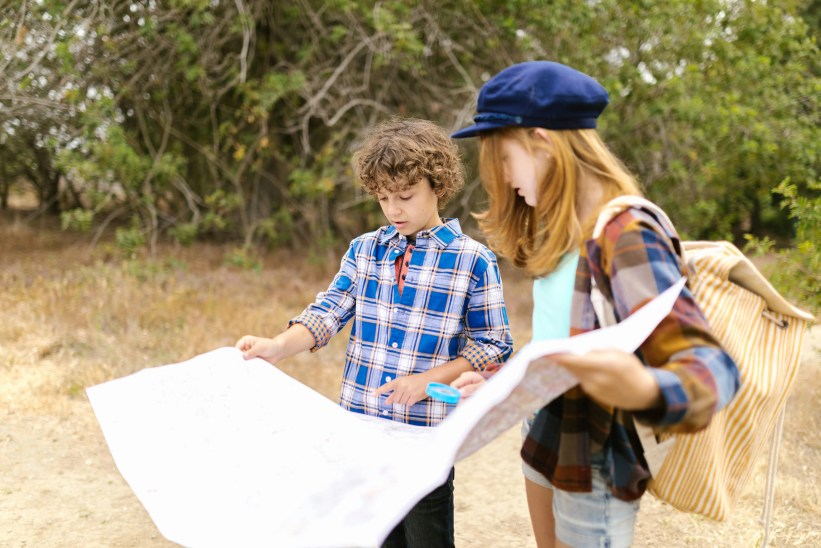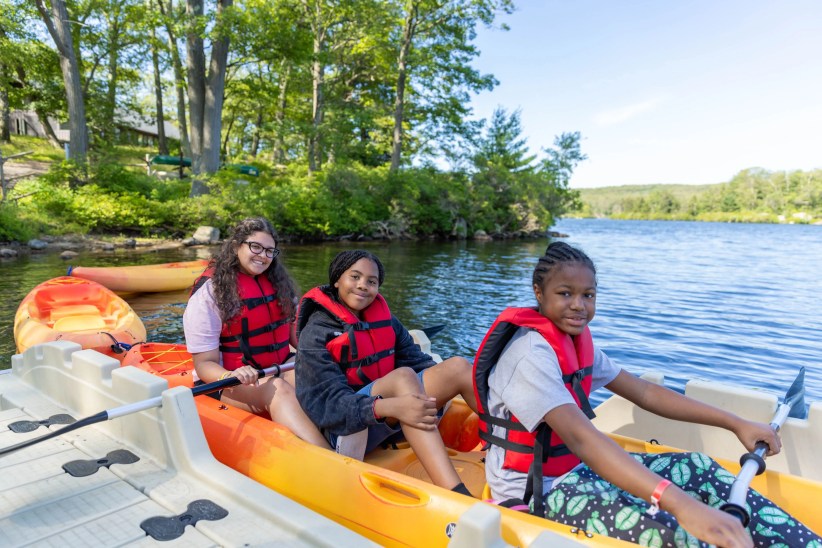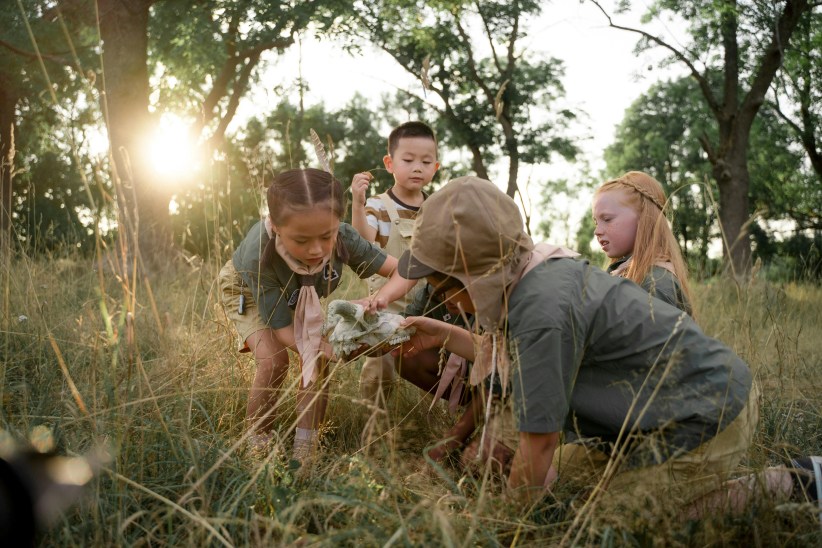
PLEASE NOTE: The city’s biggest Camp Fairs are coming up on March 25-26 on the Upper East Side and the Upper West Side. The fairs are informative, free, and fun for the whole family. The Camp Fairs (the largest in NYC) offer families the unprecedented opportunity to speak with a big host of camp directors and get essential questions answered. CLICK HERE for details and to register.
A summer camp experience is one of the greatest gifts you can give to your child. At camp, your child will have the opportunity to gain self-confidence, independence, and to learn new activities. There are many camps to choose from; however, parents want to make sure they do their research when deciding on a camp. There are many things to consider, so we’ve pulled together some important Dos and Don’ts for selecting the right camp for your child.
DO look into a camp’s philosophy and mission: Each camp has a unique mission and philosophy. When parents speak with a camp director, he or she should be able to clearly explain it to them. Parents want to make sure the camp’s philosophy and mission align with their own families’.
DON’T choose a camp just because your child’s friend or relative is going: Think of your children as individuals when you choose a camp and do your own research. “A camp that is great for your neighbor’s child may not necessarily be the right fit for your child, and a camp that is great for your older child might not be the right one for your younger one,” says Adam Weinstein, executive director of Berkshire Hills Eisenberg Camp, a co-ed, Jewish overnight camp in the Berkshires. “Having a friend or sibling at camp is nice, but if you know one of your children needs a different kind of camp experience, keep looking until you find it. Sometimes sending your children to different camps will be better even if it makes the logistics a little more complicated.”
DO get to know the camp director: Take the time to get to know the camp director. “Camp directors are the summertime parents for all the children at camp. Parents should feel like the directors are in sync with their values and are people they want to partner with in helping raise their children,” Weinstein says. Families should also inquire about the camp director’s background and if he or she is a year-round camp professional or a seasonal employee.
DON’T leave your child out of the decision: Discuss camp with your child and what he or she might be interested in doing at camp. Do some initial research on your own and narrow down the choices. Share those options with your child and involve your child in the process of choosing a camp. Look at the camps online together. If you can, visit the camp together. The more involved your child is in choosing a camp, the more ownership he or she will feel. This will help make a child’s camp experience more successful.
DO tour or see the camp when possible: Touring a camp is a great way to get a feel for what the camp is about. It gives families the chance to see camp in action and all the activities the camp has to offer. If you can’t tour the summer before, many camps will tour in the off-season or host fall festivals and spring open houses. All of these give families a way to see the camp before making a decision.
DON’T keep your child’s special requirements to yourself: If your child has special requirements such as food allergies or learning challenges, let the camp director know. “The best camps excel at providing individualized attention and communication for campers and their families. When talking with the camp director about your child’s special requirements, ask how the camp and staff would plan to meet your child’s needs. This will help guide you in deciding whether it’s the right fit for your family,” explains Josh Male, the owner and director of Gate Hill Day Camp in Stony Point, NY. “The camp director should be able to give you a clear, direct response and suggest how they would work with you to develop strategies for fulfilling these needs at camp, in a way that makes you feel reassured about your child being there. Sharing this information early on lays the foundation for a healthy partnership that will help your child get more out of the camp experience from the day they arrive.”
DO consider safety: When deciding on a camp, ask what safety measures are in place. “Families may want to ask about the camp’s policies for dealing with severe weather, power loss, traffic incidents or road closures (if they offer transportation), water safety, and medical personnel, as well as what their routines are for keeping campers safe from on-site traffic at arrival and dismissal times,” Male notes. “Whatever your questions and concerns about safety may be, the camp director should be able to directly address safety questions about any part of the camp. This shows that they already plan and take proactive steps to safeguard their campers every day.”
DON’T forget to check references: Don’t be afraid to ask the camp for references. Contacting references is one of the best ways to check a camp’s reputation. Ask other parents about the experiences of their children at the camp and whether their child is returning to camp.
DO consider the camp program: “Berkshire Hills offers a wonderful, diverse program that focuses on group-building and values, but as proud as I am of what we have to offer, it isn’t for every child,” Weinstein says. “A child who wants to play just baseball all day long would not be happy here.” Before choosing a camp, parents should think about what type of camp program they are looking for and what activities are must-haves for your child.
DON’T choose a camp that hasn’t been reviewed: Parents want to make sure that the camp they choose has had an outside review. At a minimum, the camp should be inspected each summer by the Department of Health. Parents should ask if the camp follows the nationally known accreditation process of the American Camp Association (ACA). ACA accredits summer camps based upon 300 health, safety, and program standards. “Proactive planning and safe practices lie at the heart of any successful camp program. There are many areas of safety you could consider when visiting a camp, but a simple starting point is making sure the camp has been accredited by the ACA,” Male says. “The accreditation process requires camps to show that they uphold high safety standards and comply with local regulations, so accreditation is a good indicator to parents that a camp takes safety seriously.”






















